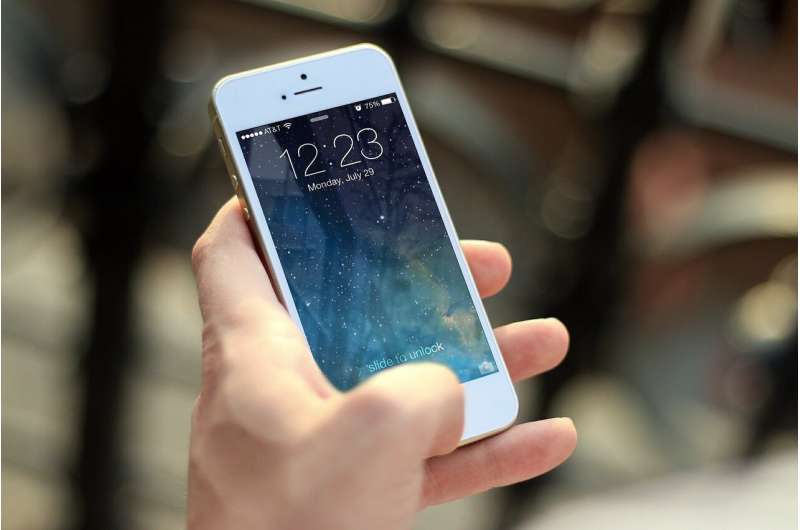BluBLE: Estimating your COVID-19 risk with accurate contact tracing

Motivated by the prospect of creating protective, social-distancing "bubbles" around members of the public, researchers in the UC San Diego Wireless Communications Sensing and Networking Laboratory are developing BluBLE, a new app for contact tracing during the COVID-19 pandemic.
BluBLE employs ubiquitous Bluetooth Low Energy (BLE) technology and personalized algorithms to ensure intelligent and accurate contact tracing. The app aims to provide each user with a personalized risk score by considering their various social and physical interactions. Risk scores update in real time, offering a faster, more efficient means of alerting individuals to exposure than current methods.
"BluBLE would enable core algorithms to provide accurate contact determination by leveraging my team's expertise in determining robust locations indoors with WiFi and Bluetooth," said Dinesh Bharadia, an assistant professor in the Electrical and Computer Engineering Department and the project's Principal Investigator. "Our vision is to not only create accurate contact tracing, but to enable real-time feedback to warn users about potential physical spaces to avoid (germ-zones), which would be necessary to re-open our economy."
BluBLE builds on existing contact tracing apps by addressing a key challenge posed by BLE technology. BLE's range of 150 feet creates a contact tracing radius much larger than the six-feet standard, raising the chances that an app will register contact between two people when no such contact occurred. An app might consider neighbors separated by a wall, for example, as "in contact" with one another if they are within 150 feet.
Furthermore, most COVID-19 contact tracing apps identify a person's exposure to the novel coronavirus as a binary "yes" or "no." With more context, Bharadia's team says, BluBLE can better estimate the user's likelihood of contracting a virus from social interactions. Engaging in an extended conversation in a poorly ventilated room, for instance, would carry a higher probability of transmission as compared to briefly passing by on the street. By considering input from various common sensors available on the phone (chiefly Bluetooth, infrared and motion sensors), BluBLE can provide more accurate estimates of each contact's potential risk.
BluBLE also plans to encourage effective quarantine while respecting the user's privacy. The application would provide polite notifications to quarantined users tempted to venture outside. Furthermore, should an individual break quarantine, BluBLE would advise them to avoid nearby smartphone users unafflicted by COVID-19, thereby respecting the quarantined person's privacy.
The team released BluBLE through android and iOS widely to the UC San Diego community in April. A second release is around the corner. Members of the community can support the team by visiting the BluBLE website and performing a few short experiments to make the platform even more robust.
More information: BluBLE, a new app for contact tracing during the COVID-19 pandemic: wcsng.ucsd.edu/bluble





















